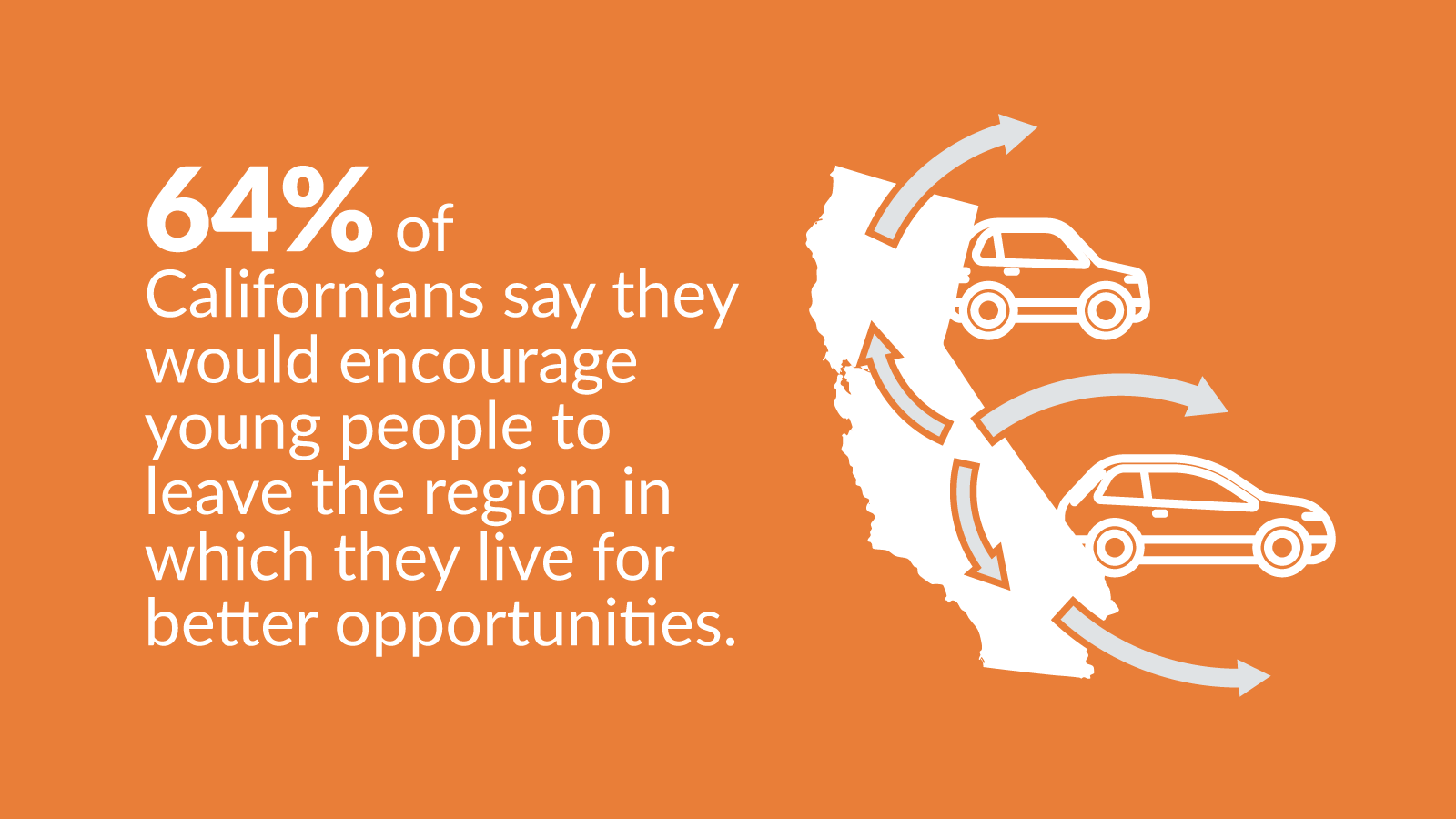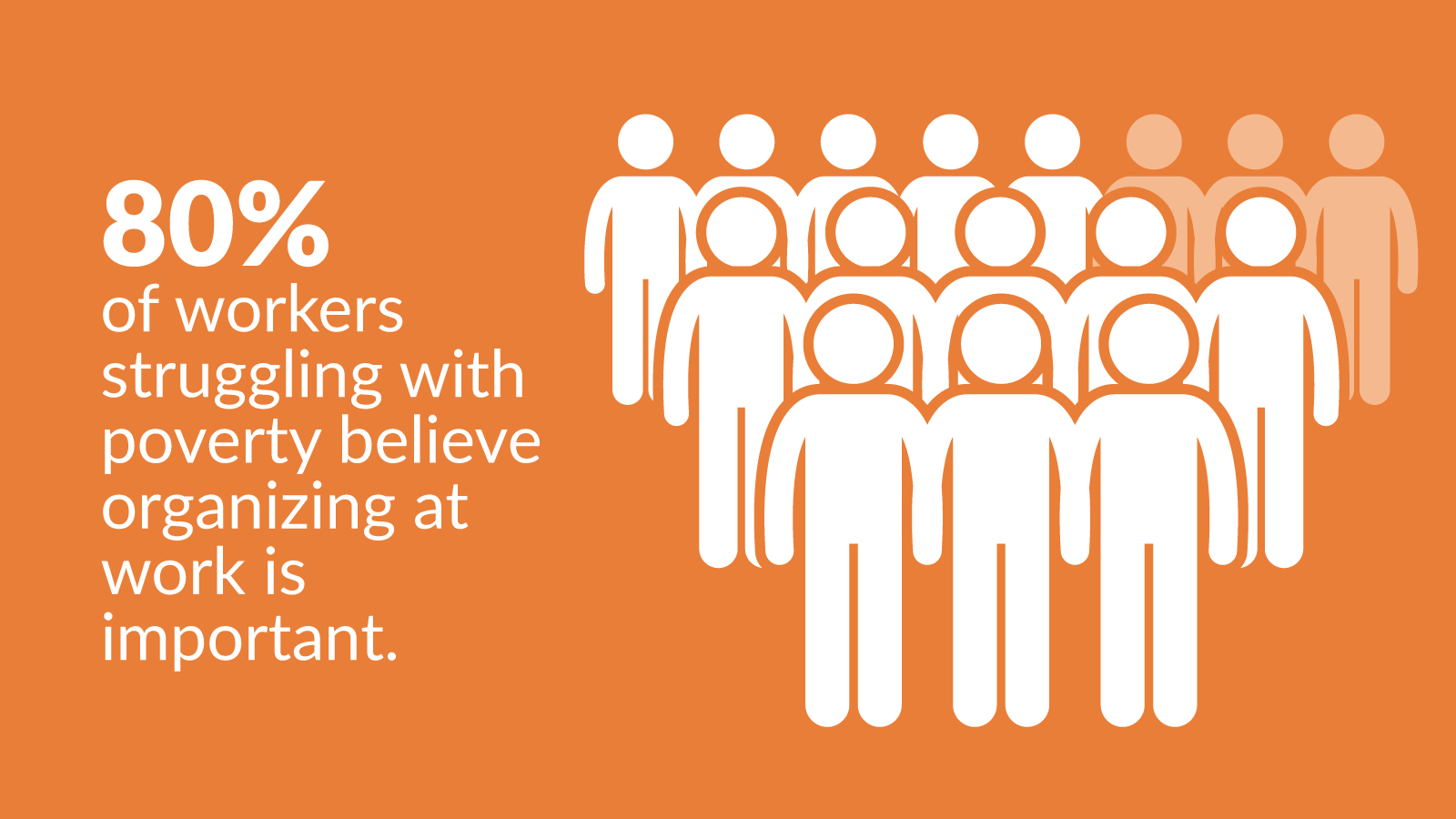A significant portion of working Californians are struggling with poverty – and hardships on the job.
To better understand the experiences of California workers, The James Irvine Foundation partnered with the Public Religion Research Institute to survey more than 3,300 Californians, including more than 1,000 workers struggling with poverty.
The findings in the 2018 California Workers Report echo what we heard through our statewide Community Listening Sessions and provide a unique snapshot of California’s workforce and how the views of struggling workers compare to their more economically secure counterparts. The report also confirmed other research that shows dramatic racial disparities in the experiences of workers. To read all the findings, download the full report.
In 2019, Irvine commissioned a survey of Asian-American and Pacific Islander workers in California. Research and politicians often group AAPI Californians together, even though they represent a diversity of countries and speak more than a dozen languages. In the absence community-specific data, grouping multiple populations often masks experiences and perspectives. This survey offers detailed data for nine AAPI communities: Chinese, Filipino, Asian Indian, Korean, Vietnamese, Japanese, Cambodian, Hmong, and Native Hawaiian/Pacific Islanders. To learn more about how each population is faring at work and in achieving the California Dream, please read more from the report and our blog post on the findings.
We have followed up those surveys with support of annual surveys by the Public Policy Institute of California about California workers and their well-being.










